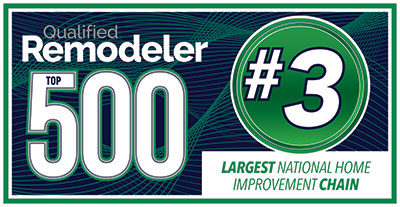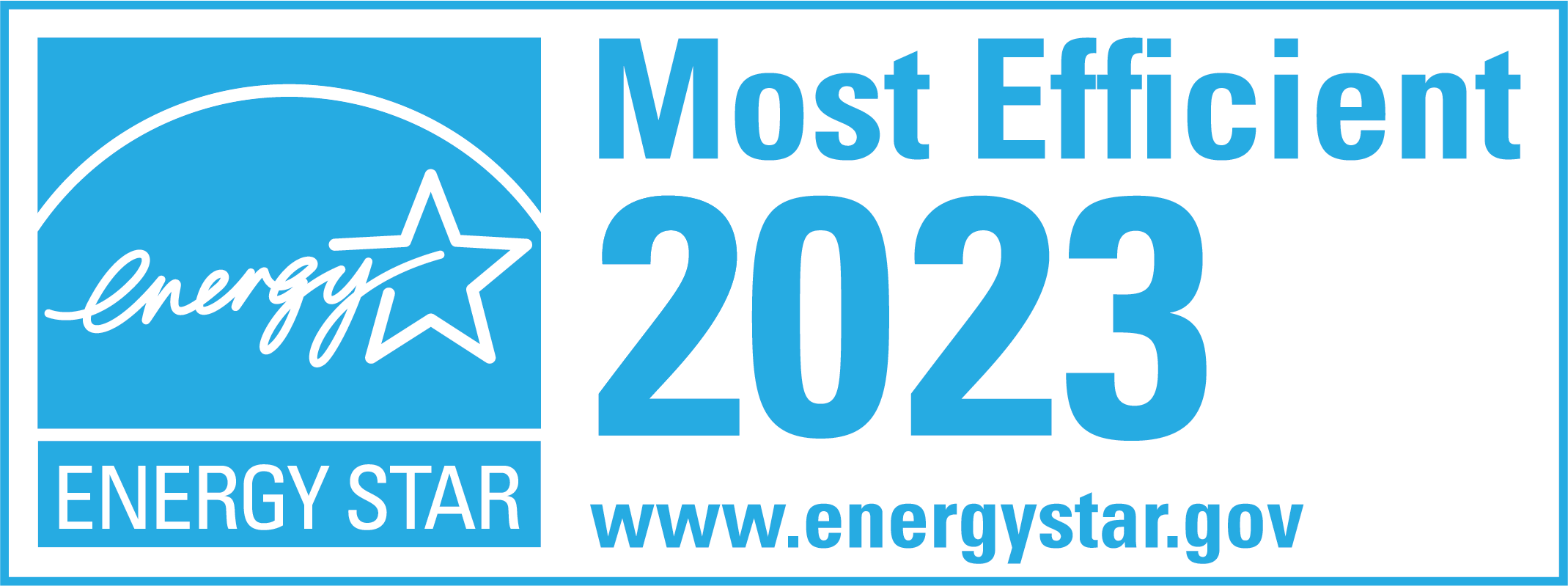Comparing Vinyl and Aluminum Siding: Which is Better?
When it comes to siding options, homeowners have a wide range of choices to consider. Two of the most popular options on the market today are vinyl and aluminum siding. Both materials have unique properties that make them desirable for homeowners. In this article, we’ll take a closer look at these two siding options to help you determine which is better for your home.
Understanding Vinyl and Aluminum Siding
What is Vinyl Siding?
Vinyl siding is a popular choice for homeowners due to its durability, weather resistance, and low maintenance requirements. It is made from a combination of plastic and PVC resin, making it look like wood without drawbacks. Vinyl siding comes in various textures and colors, making it easy for homeowners to achieve a particular look and feel for their exterior walls.
One of the benefits of vinyl siding is its energy efficiency. It can help keep your home cooler in the summer and warmer in the winter, leading to lower energy bills. Additionally, vinyl siding is resistant to pests, such as termites and carpenter ants, which can cause damage to traditional wood siding.
Regarding installation, vinyl siding is relatively easy to install and can be done quickly. It is also lightweight, which means it can be installed over existing siding, reducing the need for expensive and time-consuming removal.
What is Aluminum Siding?
Another popular siding option for homeowners is aluminum siding. It is made from thin sheets of aluminum, then coated with a layer of enamel that protects against oxidation, weather, and UV damage. Aluminum siding comes in different colors and styles, ranging from smooth to textured surfaces.
One of the benefits of aluminum siding is its durability. It is resistant to fire, pests, and rot, making it a low-maintenance option for homeowners. Additionally, aluminum siding is lightweight, so it can be installed quickly and easily.
However, one drawback of aluminum siding is its energy efficiency. It is not as effective as vinyl siding in keeping your home cool in the summer and warm in the winter, which can lead to higher energy bills. Additionally, aluminum siding can dent and scratch easily, which can be a concern for homeowners who live in areas with severe weather conditions.
Overall, vinyl and aluminum siding are popular choices for homeowners looking to improve the appearance and functionality of their exterior walls. Each option has its benefits and drawbacks, so it is essential to consider your specific needs and preferences before deciding.
Pros and Cons of Vinyl Siding
When it comes to choosing the right type of siding for your home, there are a lot of factors to consider. Vinyl siding is a popular choice for many homeowners due to its affordability and durability. However, like any material, it has its pros and cons.
Advantages of Vinyl Siding
One of the biggest advantages of vinyl siding is its low cost. Vinyl is much more affordable than other siding materials, such as wood and brick. This makes it a great option for homeowners who want to improve the look of their homes without breaking the bank.
Another advantage of vinyl siding is its durability. Vinyl siding can withstand harsh weather conditions such as high winds and heavy rainfall. Unlike wood siding, it is also resistant to pests and insects, such as termites. This means you won’t have to worry about costly repairs or replacements due to weather or pest damage.
Furthermore, vinyl siding requires minimal maintenance. Unlike wood siding that must be repainted or re-stained every few years, vinyl siding can be easily cleaned with a power washer and soap. This makes it a great option for homeowners who want a low-maintenance exterior for their home.
Disadvantages of Vinyl Siding
While vinyl siding has many advantages, there are also some disadvantages to consider. One of the biggest downsides to vinyl siding is its shorter lifespan compared to other siding materials. Over time, vinyl siding can fade and become brittle, leading to cracking and other damage.
Another disadvantage of vinyl siding is that it is not as durable as other materials, such as fiber cement siding. While it can withstand harsh weather conditions, it is more prone to cracking if exposed to extreme temperatures. Additionally, vinyl siding is not as fire-resistant as other materials, which can concern homeowners in areas prone to wildfires.
Overall, vinyl siding can be a great option for homeowners who want an affordable and low-maintenance home exterior. However, it is important to consider the pros and cons before making a final decision.
Pros and Cons of Aluminum Siding
Aluminum siding is popular among homeowners due to its durability and low maintenance. However, like any material, it has its advantages and disadvantages. In this article, we will explore the pros and cons of aluminum siding in detail.
Advantages of Aluminum Siding
Aluminum siding is an excellent choice for homeowners who want an affordable, durable, and low-maintenance option. Here are some of the benefits of aluminum siding:
1. Durability
Aluminum siding can withstand harsh weather conditions, including high winds and heavy rain. It is also resistant to insects and pests like termites, making it a long-lasting option for your home.
2. Low Maintenance
Aluminum siding requires minimal maintenance, making it an attractive option for busy homeowners. It does not need to be painted and is easy to clean with a simple soap and water solution.
3. Long Lifespan
Aluminum siding has a long lifespan, making it a wise investment for your home. With proper maintenance, it can last for several decades.
4. Recyclable
At the end of its usage period, aluminum siding is recyclable, making it an environmentally-friendly option for homeowners.
Disadvantages of Aluminum Siding
While aluminum siding has several advantages, it also has some drawbacks. Here are some of the disadvantages of aluminum siding:
1. Dents Easily
One of the main drawbacks of aluminum siding is that it can dent easily. This can happen due to hail, falling debris, or even a stray baseball.
2. Rusts Over Time
Aluminum siding sheets can rust over time, especially if installed in locations with saltwater and other corrosive elements. This can lead to unsightly stains and a shorter lifespan for the siding.
3. Less Energy-Efficient
Aluminum siding is less energy-efficient than other siding materials, such as vinyl or insulated siding. This means that it is less effective at insulating your home, which can lead to higher energy bills. In conclusion, aluminum siding is a durable, low-maintenance option for homeowners. However, it has drawbacks, including dents, rust, and lower energy efficiency. Consider your priorities and budget when choosing the right siding material for your home.
Comparing Aesthetics and Design Options
Vinyl Siding Aesthetics
Vinyl siding comes in different styles, colors, and textures, making it a versatile option for homeowners who like to customize their home’s exterior appearance. It can mimic the look of wood, stucco, and other materials, allowing homeowners to choose a look that matches their aesthetic preferences.
Aluminum Siding Aesthetics
Aluminum siding also comes in various colors and styles, but it is less versatile than vinyl siding when mimicking other materials. The colors are more limited, and the textures are not as varied as vinyl siding.
Energy Efficiency and Insulation
Vinyl Siding Insulation
Vinyl siding can be installed with an additional layer of insulation, which makes it more energy-efficient than aluminum siding. The insulation helps keep your home comfortable, reducing your reliance on heating and cooling systems and saving you money on energy bills.
Aluminum Siding Insulation
Aluminum siding is not as energy-efficient as vinyl siding, primarily because it does not have the same insulation capabilities, which can contribute to higher energy bills.
In Closing
In conclusion, both vinyl and aluminum siding have their advantages and disadvantages. Vinyl siding is a great low-maintenance option that is affordable and versatile, while Aluminum siding is also affordable and durable but may require more upkeep and may not be as energy-efficient. Ultimately, the best siding choice for your home will depend on your aesthetic preferences and construction needs.
Call us at 214-399-9592 or submit a free siding estimate to discuss pricing and availability.






